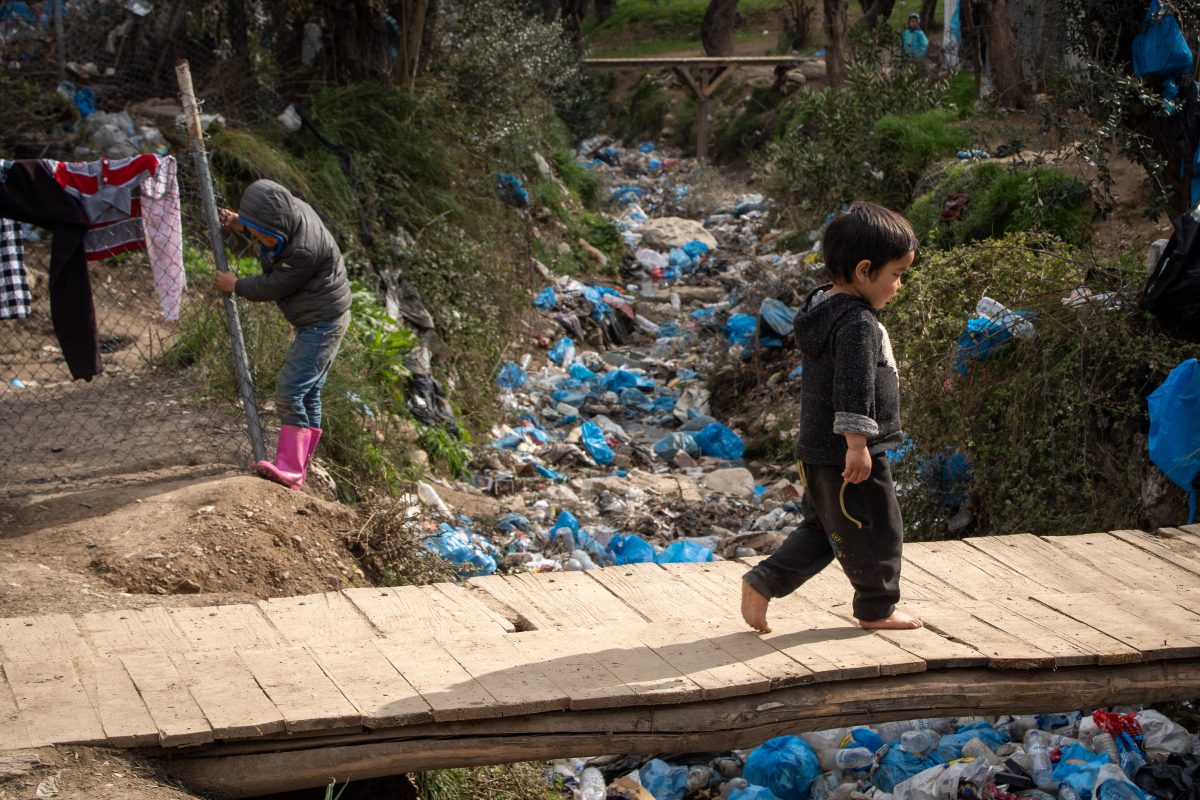EU states conceal disenfranchisement of protection seekers with mini-reception program
Press release by Erik Marquardt from 10.06.2022
Today, the interior ministers of the EU states are meeting in Luxembourg to discuss the reaction to the Russian war of aggression on Ukraine, Frontex, the Schengen reform and asylum and migration. A massive curtailment of the right of asylum is threatened. In the slipstream of the Ukraine crisis, the rights of those seeking protection at the external borders are to be further eroded. The ongoing massive human rights crimes at the EU's external borders are again not clearly addressed. The proposed solidarity mechanism will not be able to counter the extensive disenfranchisement of protection seekers.
Erik Marquardt, asylum policy spokesman for the Green Group in the European Parliament, comments:
"The small successes in the amendments to the Schengen Borders Code regarding internal border controls are being bought in the Council at the expense of a significant tightening of asylum law. The conservative hardliners among the EU governments are getting their way by wanting to normalize the practice of systematic human rights violations through legislative changes.
Meanwhile, Syrian refugees or Turkish opposition members are also disenfranchised and all too often mistreated at the external borders. The proposed amendments to the Schengen Borders Code will now give member states like Poland, Greece, or Croatia further justification for these crimes. An "instrumentalization of migration" is supposed to justify that people like at the Belarusian border no longer have access to asylum procedures. One can only hope that the European Parliament will put a stop to the increasing lawlessness at the external borders.
Coalition agreement must also be represented at European level
I expect the Chancellor's Office and the Federal Ministry of the Interior to represent the contents of the coalition agreement at the European level. At the moment, the impression is created that a perpetuation of suffering at the external borders is being accepted instead of openly criticizing human rights violations. A coalition of the willing must not be bought by the degradation of those seeking protection at the external borders.
Even if it has apparently been achieved that some EU states agree to a relocation procedure and a small number of asylum seekers are redistributed, this cannot outweigh the Council's intended tightening of asylum law. A mini-reception program conceals the massive disenfranchisement of those seeking protection. The failed Dublin system is perpetuated by today's decisions – a serious reform becomes increasingly unlikely. If fewer and fewer people get access to an asylum procedure based on the rule of law, no redistribution of a small minority of those entitled to protection will help to compensate for this.
Redistribution falls short of Malta mechanism
Last year alone, more than 30,000 recognized protection seekers from Greece came to Germany and had to apply for asylum again because they were expelled from Greece. Germany now wants to take in 3,500 people in an orderly fashion. This falls short of the arrangement agreed under the Grand Coalition in the so-called Malta Mechanism – and this despite the fact that in the coalition agreement a further development of the mechanism was agreed.
In return for the solidarity mechanism, preliminary checks are now to be introduced at the external borders, further complicating access to asylum procedures. One can only praise the drops on the hot stone if no fire is lit under the stone in parallel. Today could be a black day for European asylum law, hopefully the European Parliament can still prevent the normalization of injustice at the external borders."
